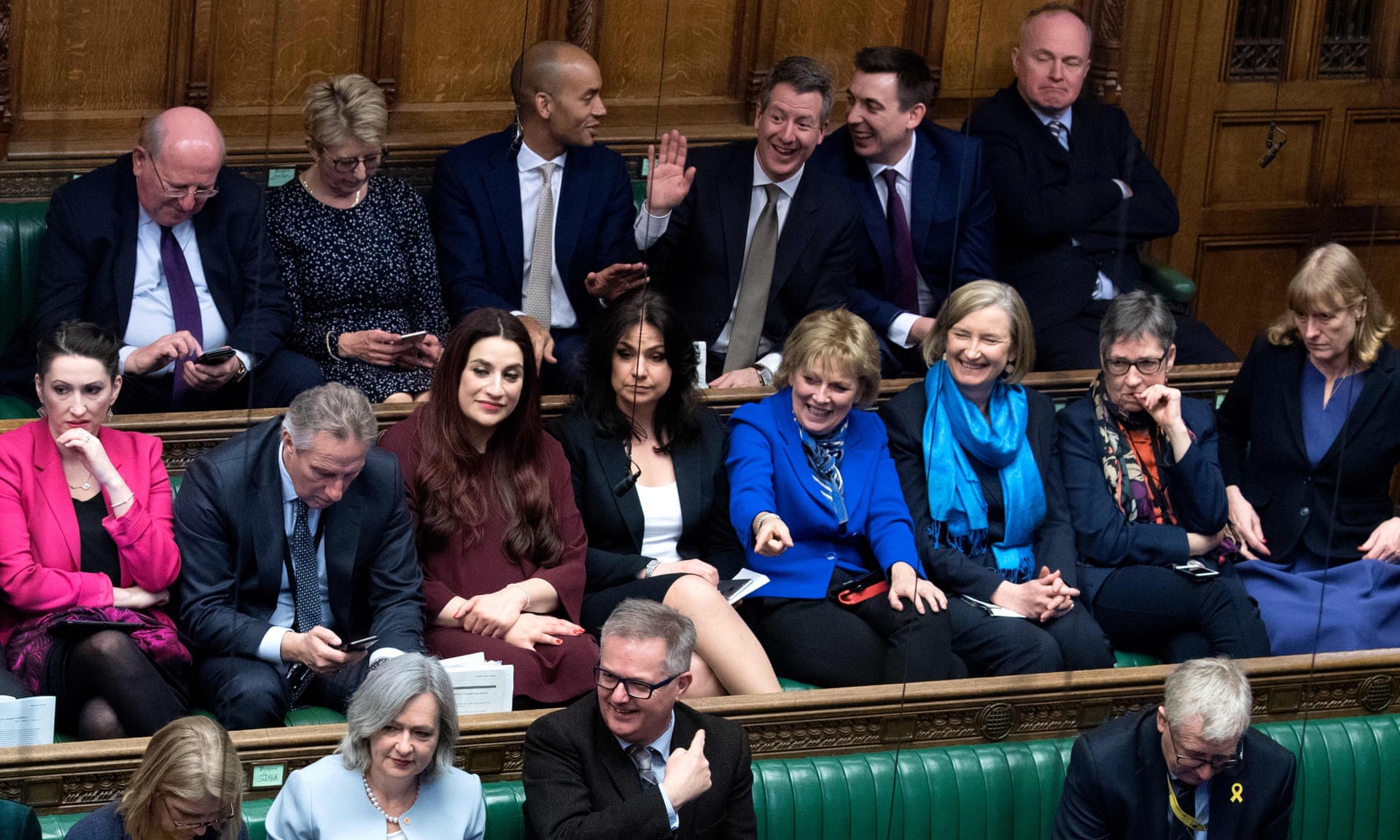We Must Not Let Centrists Use the Idea of Electability to Uphold the Status Quo
by Oliver Durose
9 January 2020

In light of Labour’s devastating defeat, it’s right to demand strategic change that makes the party capable of winning the next general election. But we must resist those who seek to use ‘electability’ as a mask to uphold the socio-economic status quo.
December’s election was meant to be a turning point. It was meant to be the beginning of an economic, social and environmental revolution that radically redistributed wealth, ownership and power. Alas, under an emboldened Tory majority, worker exploitation, anti-migrant hostility and climate breakdown will accelerate instead. Yet there are many people within the Labour party who still want December’s result to be a turning point, but of a different kind; after witnessing the party’s worst defeat since 1935, many are now hoping that 12 December will come to mark the day that the Labour party ditched radicalism and became electable again.
The idea of electability is one of the most powerful tools to keep radicalism out of politics. Whether it’s Bernie Sanders, Jagmeet Singh or Jeremy Corbyn, politicians who move too far away from the centre are warned that they will alienate voters and gift elections to the other side.
But this narrative suffers from a serious problem: it simply doesn’t add up. Labour’s defeat in December was not a rejection of leftwing change. There was strong public support for key nationalisations, increasing the tax contributions of the top 5% and expanding employee ownership. And despite Labour’s rout, the electorate did not abandon Labour for the so-called centre-ground. They didn’t elect Dominic Grieve, Mike Gapes, Anna Soubry or David Gauke. They didn’t opt for the Liberal Democrats, who slid down the polls faster than Jo Swinson could say “skills wallets”.
Being wilfully ignorant of these facts while proclaiming to worship electability is clearly disingenuous. In the absence of any observable electoral mandate for ‘moderate’ policies, some centrists are manufacturing it instead. They have made ‘electability’ into a Trojan horse for capitalist and imperialist appeasement. It appears they’re less serious about electing a particular version of the centre-ground than about keeping the left out – even if they know that their particular version of centrism lacks electoral support, at least they’ve taken radicalism off the table.
This is not to deny the scale of our defeat, which undoubtedly proves that the left faces significant electoral problems. The left has a problem with a perceived lack of economic credibility, for instance. Whilst individual policies were popular, the broader programme of redistributive investment that glued them together was simply too much to swallow. 53% of people did not believe Labour’s spending promises were affordable. 67% believed we would enter a recession if Labour won.
But ultimately, those who appeal to electability to justify their resistance to radical change fail to recognise that electability is itself a deeply ideological – and therefore changeable – variable. Massive investment is deemed unaffordable because capitalist structures frame resource scarcity as a natural phenomenon, rather than a product of inequality. Radically redistributive policies are deemed too risky because society is governed by capitalist narratives of incentives. In other words, an anti-capitalist platform is deemed unelectable precisely because capitalist structures convince us that we cannot live without them. This is no reason to step off the stage. It’s a reason to take ownership of the criteria of electability itself. This is a fight being fought outside the electoral arena. We cannot afford to stay inside.
That’s why, over the next five years, our collective efforts should not simply be spent campaigning for the Labour party as such. We should put energy into resisting the broader capitalist structures that define its electoral fate. That means supporting democratic, egalitarian and participatory economic relations that exist within the cracks: cooperatives, community groups and labour unions. That means intensifying our solidarity with striking workers who are forced to prove the value of their existence. And that means, where collective action is absent, filling organisational gaps to build solidarity with anybody who is forced to sell their labour to survive. By doing so, we can destabilise the capitalist logic that undermines the electability of the left. It’s by deepening, not softening, our resistance to capitalism that we build an electable leftwing Labour party.
We can do so without resorting to disguised forms of nationalism designed to tempt anti-migrant voters. By contesting the dominance of capitalism, we also undermine its ability to produce the very economic conditions for which migrants are scapegoated. Whether it’s socialism or internationalism, then, there is no trade-off between our core radical values and electability.
Ultimately, there is no point making something electable that is not worth electing in the first place. And if a party thinks it can only win elections by upholding the structural status quo, I don’t want to be on the winning side at all.
Oliver Durose was the 2019 Labour Candidate for Brentwood & Ongar.